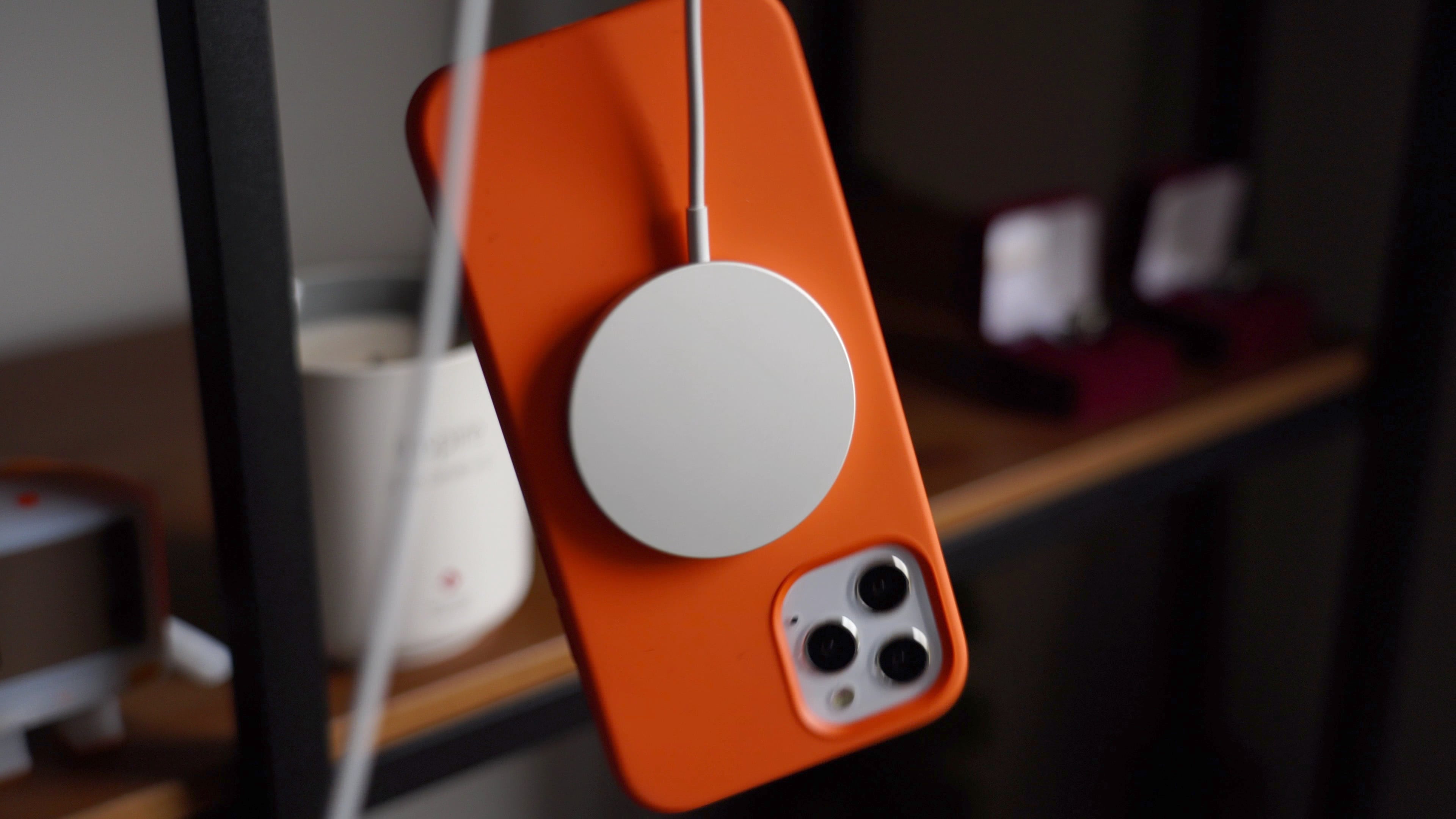
Earlier this year, three doctors in Michigan found that iPhone 12 models can "potentially inhibit lifesaving therapy in a patient" due to the MagSafe system causing magnetic interference with implantable medical devices, like pacemakers.

Following its own testing, the U.S. Food and Drug Administration this week announced that while certain newer cell phones, smart watches, and other electronics with magnets may temporarily affect the normal operation of implanted medical devices, such as pacemakers and implantable defibrillators, the risk to patients is "low." The FDA added it is "not aware of any adverse events associated with this issue at this time."
However, the FDA has advised patients with implanted medical devices to consider taking the following precautions:
- Keeping consumer electronics, such as certain cell phones and smart watches, six inches away from implanted medical devices.
Refraining from carrying consumer electronics in a pocket over the medical device.
Talking to your health care provider if you have questions regarding magnets in consumer electronics and implanted medical devices.
The FDA's announcement was highlighted earlier by 9to5Mac.
Article Link: FDA Says Risk of MagSafe Interference With Pacemakers is Low

